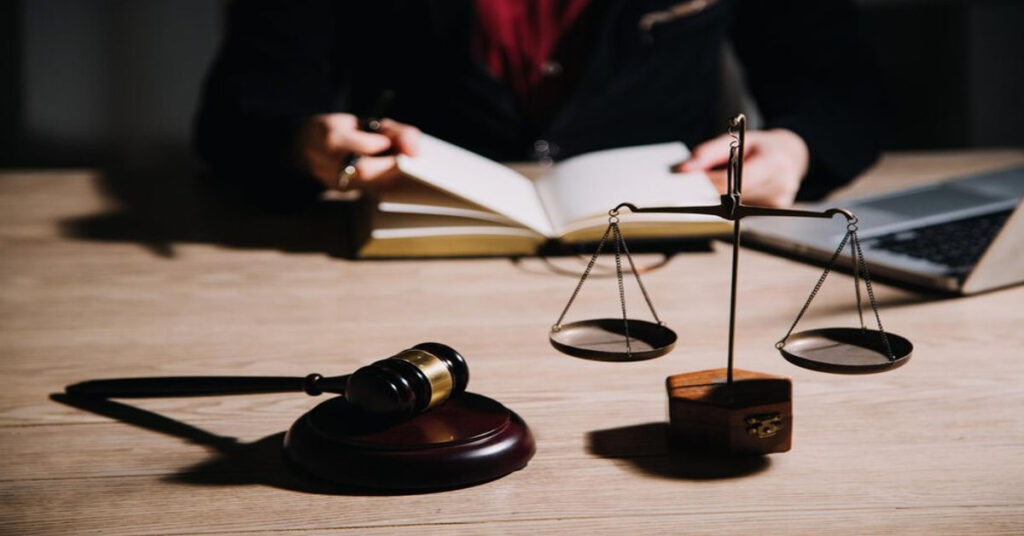The law often confuses the best of us. Unless you are a solicitor yourself, it can be difficult to understand the rules and legal jargon.
However, when you are undertaking estate planning, drafting wills, power of attorneys or creating trusts, it becomes important to understand what exactly you’re dealing with.
With lawyers charging you by the hour, you may often struggle to get all your queries answered. Besides this, it’s also natural to feel self-conscious when asking what seems like an ‘obvious question’. However, when it comes to POAs, it’s best to get all your questions answered before signing.
A power of attorney allows you to nominate an individual(s) to access and manage your finances and make decisions regarding your daily faculties and medical treatment when you are indisposed due to age or mentally incapable. But there’s more to it than just that. In this article, we’ve compiled a list of the most commonly asked questions about POAs. Let’s get answering.
What is a Lasting Power of Attorney? What Happens If LPA Isn’t There?
A Lasting Power of Attorney (LPA) is a subset of power of attorney and provides an attorney with more authority than a POA. In an LPA, the donor (you) can choose someone to make decisions for you when you are no longer capable due to illness, accident or old age. There are usually two kinds of LPAs:
- property and financial affairs LPA
- health and welfare LPA
In the event that you unexpectedly lose your capacity to manage your finances or make decisions about your medical treatment, your family will have to apply to the Court of Protection. An LPA helps you avoid this scenario and ensures that you’re better prepared.
Can I Appoint More Than One Attorney?
“Can I have 2 power of attorneys?”
“Can I appoint more than two people to execute my LPA?”
It’s a fairly common misconception that you can only have one power of attorney, however, this is not true. There is no legal limit to the number of people who can be appointed as attorneys. In fact, it’s a good idea to have more than one attorney, up to four is ideal. By doing this, you can avoid depending on one person, who may or may not be available, when a decision needs to be made.
When appointing more than one attorney, you must specify how they will act—either ‘jointly’ or ‘jointly and severally.’ In the first case, the attorneys must make all decisions together. In the second case, they can make decisions either together or independently, depending on what is specified.
A replacement attorney can also be mentioned in a case where the primary attorneys aren’t available.
Who Do I Choose to Be My Attorney?
A common question is whether the power of attorney needs to be given to a member of your immediate family. However, that’s not a strict requirement.
To be chosen as an attorney, the person(s) must be above 18, mentally capable, and most importantly, a person you can trust. It’s essential to choose someone you can rely upon and who can take on this responsibility of discharging your duties on your behalf without adopting any unscrupulous measures.
You can appoint family members, friends or even professionals such as an advocate or accountant.
Can Attorneys Ask for Payment?
Attorneys can charge you for travel expenses or for any other related fees but not for the time they spend discharging the duties. A professional solicitor or accountant will levy hourly charges when appointed an attorney. It is important to carefully consider the financial arrangements before selecting an attorney.
Can My Attorney Act According to Their Free Will?
Your attorney cannot act according to their free will if you specify instructions about how you want them to manage your finances and welfare. For instance, you can put down instructions in the LPA about how you want to be treated if you are terminally ill or have met with an accident. Have it in writing in the LPA, so that your attorneys are aware of your wishes.
Your attorney is required to execute your affairs and assets as per your wishes. An attorney cannot dispose of your money or property as per their free will, nor can they withdraw money to be used on themselves.
If an attorney is found to be misusing their power, the Court of Protection may intervene.
Will I Lose Control Over My Assets If I Sign a Property and Financial Affair LPA?
The short answer is no. During your lifetime, while you have complete control of your mental faculties, the LPA will not come into effect. You’ll continue disbursing your affairs just as usual. However, if you are ill, have met with an accident or are hospitalised, only then will the property and financial affairs of LPA come into play.
Conclusion
It’s important to plan for your future early on in life. There is no ideal age to make a POA or will, but you can start estate planning even while in your 20s. It is always possible to amend or revise your POA or will later on. If you have a falling out or change your mind, the attorney or the benefactor can also be changed.
For POAs to be valid, they must be registered with the Office of the Public Guardian (OPG). Consult your lawyers for the best way to go about creating your POA.







